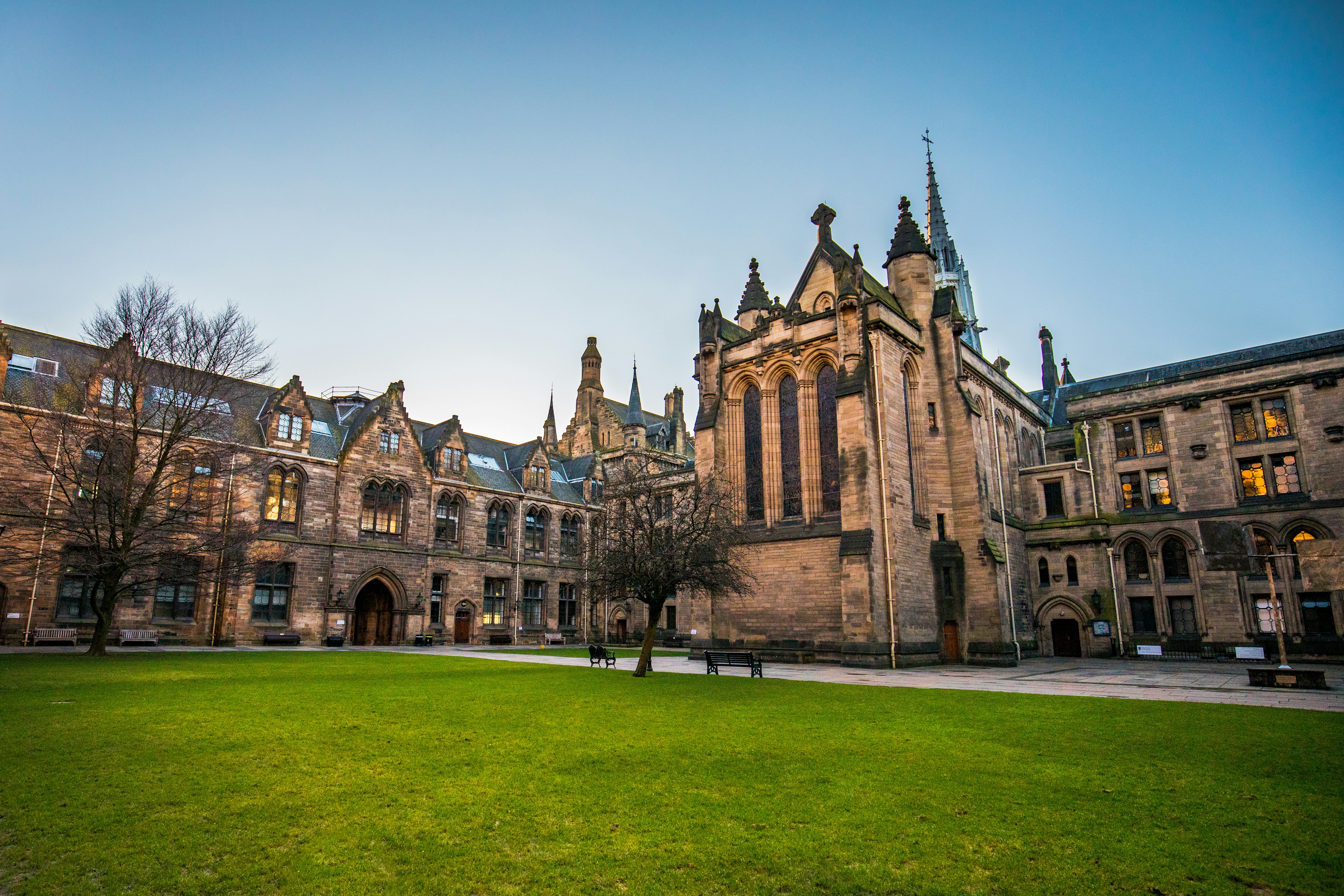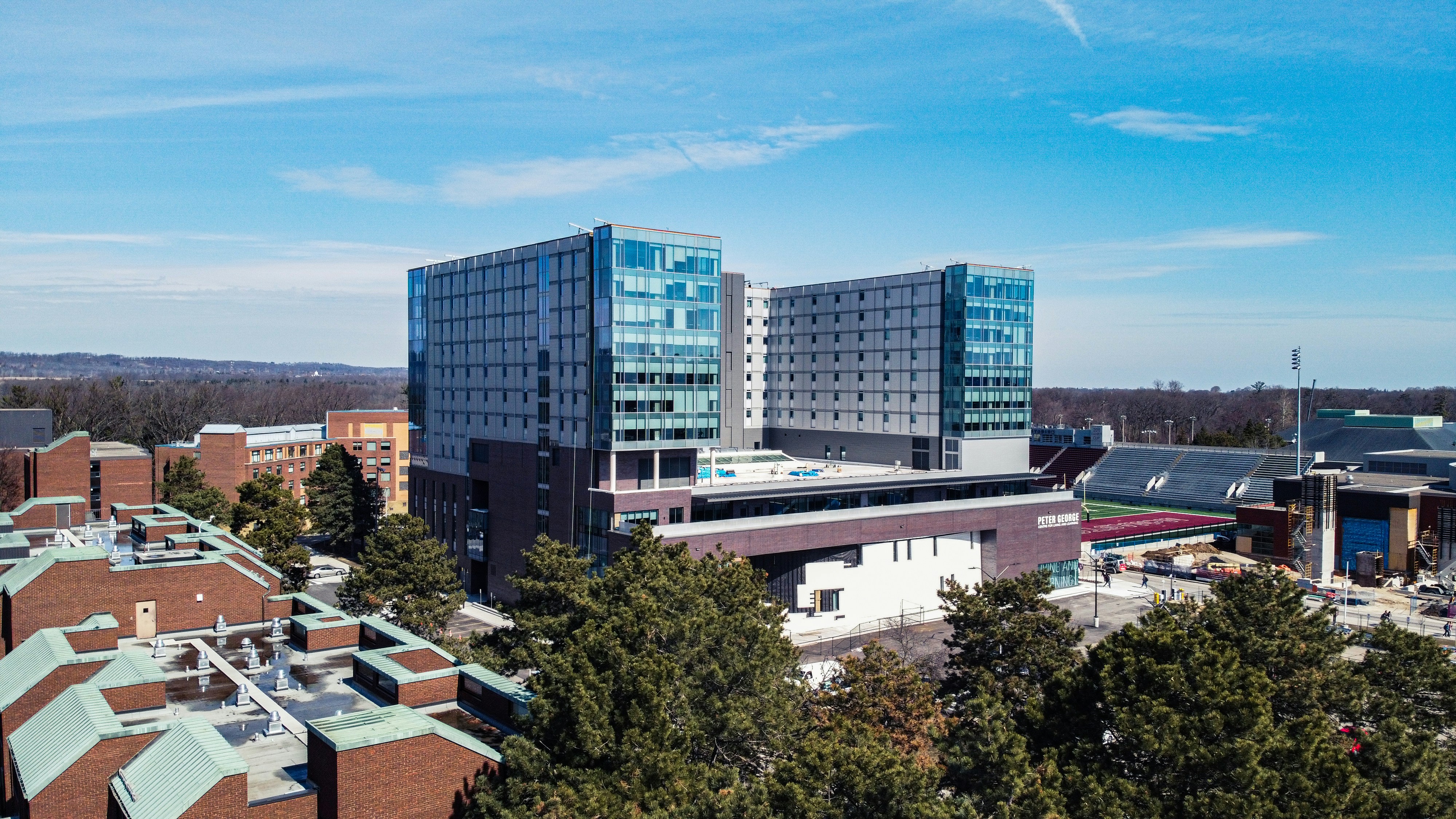Post secondary levels of education

Post-Secondary
studies in Canada
Choosing the right program for your further
studies in Canada is an important decision. On this VISA NEXA page, you will
find different levels of programs you can choose in Canada. Canada's
constitution allows each province and territory to manage its own education
programs. Despite these regional differences, Canadian colleges, universities,
and polytechnics use similar terms to describe common pathways and credentials.
The length and structure of these programs are important decisions for
prospective international students, as they directly affect eligibility for
employment and immigration opportunities in Canada.
Undergraduate Studies in Canada
Undergraduate education in Canada follows the
completion of senior secondary or high school. A standard undergraduate
education, culminating in a bachelor's degree, typically takes three to five
years. International students should budget a minimum of four years to complete
a bachelor's degree. With a completed bachelor's degree, and the right
combination of language skills and experience, international students may
become eligible for various provincial and federal immigration programs. They
may also decide to pursue a master's degree, which requires completion of a
bachelor's degree. Canada also offers several certificates, diplomas, and
associate degrees at the undergraduate level. While these do not qualify
students to undertake a master's degree in Canada, they may be useful for
immigration or employment purposes.
Ø Certificate Programs
Duration: Less than
one year, or one to two full-time semesters.
A typical certificate in Canada involves three
to eight academic months of post-secondary study in a single subject. Common
subject areas include Business, IT, Health Care Administration, and other
pre-diploma or pre-degree options. The aim of a certificate is to provide
students with the skills and knowledge for an entry-level vocation. All
colleges and universities offer certificate programs of different lengths. A
Canadian secondary school diploma or essential subject prerequisites are
required for admission into a certificate program.
Ø College or University Diploma
Duration: Two years
minimum, or four to six full-time semesters.
College diplomas in Canada usually consist of
at least two full-time academic years of specialized post-secondary study. Like
certificate programs, diploma programs are designed to meet specific demands of
trades and technical or vocational careers. Depending on the job required, they
may span upwards of three or four years. Diploma programs often include a co-op
internship component or other apprenticeship options and can be upgraded or
transferred into a bachelor’s degree. Admission into a college diploma program
requires a completed senior secondary program in Canada (or its equivalent).
Ø Associate degree
Duration: Usually
two years, or four full-time semesters.
An Associate Degree in Canada is a 60-credit
foundational undergraduate program in a classical area of study (such as
Sciences or Arts). Unlike certificates and diplomas, Associate Degrees comprise
a breadth of general academic subjects as well as a specialization in an area
of interest (similar to a major). Common examples include the Associate of Arts
(Business) and Associate of Arts (Science). The Associate Degree allows
students to begin their studies at one college or university and transfer into
third-year coursework at a university, pending recognition by the receiving
institution.
Ø Bachelor's Degree
Duration:
Approximately four to five years, or eight or more full-time semesters.
A bachelor’s degree in Canada usually
signifies the completion of four years of full-time post-secondary education.
Subject areas often include traditional academic subjects in Business, General
Sciences, Engineering, the Arts, or Humanities. In this arrangement, students
are expected to gain general and foundational knowledge over their first one or
two years and then specialize in a concentration called a major. Some faculties
offer a fifth professional year comprising a supervised practicum (for example,
for teacher certifications). Admission into a bachelor’s degree program
requires a completed senior secondary diploma in Canada (or its equivalent).
Graduate Studies in Canada
Ø Postgraduate Diplomas and Postgraduate Certificates
Duration: Less than
one year, or one or two full-time semesters.
In Canada, several diplomas and certificates
may be taken following the completion of a bachelor’s degree. These programs
typically comprise two to three semesters of full-time study. Graduate diplomas
and certificates can transfer into master’s degrees. Frequently, they may serve
as an additional complement to a bachelor’s degree, showing intense
specialization in one subject area. Common subject areas include Business
Administration, Sales and Marketing, and Resource Management.
Ø Master’s Degree
Duration:
Approximately one to three years, or three to nine full-time semesters.
Master’s degrees comprise one to three years
of highly specialized post-graduate study and may lead to professional
practice. These degrees are conferred by universities and tend to build on
previous study areas explored at the bachelor’s level. Programs often expect
the student to propose and conduct significant original research culminating in
a major project, thesis, and/or comprehensive examination. Master’s degree
programs in Canada require completion of a bachelor’s degree.
Ø Doctorate Degree
Duration:
Approximately four to six years.
A doctorate in Canada generally comprises at
least two to three years of equivalent full-time study in comprehensive and
analytical coursework, followed by an independent dissertation or thesis. PhDs
and other doctorates are required for many professions such as university
professors, doctors, or high-level administration jobs in government, health
care, and education. The average timeframe to complete a doctorate is four to
six years.
Contact
Visa Nexa for Immigration Assistance
Need Canadian immigration assistance for higher
studies in Canada? Visa Nexa Inc. is here to help and give an advice regarding
different Post Secondary Levels of Studies in Canada. We can assess your
eligibility and submit your application to the Canadian government. With over
10 years of expertise, Visa Nexa in Mississauga, Ontario has been helping
clients achieve their dream of becoming Canadians. Our head offices are in
Delhi (VISAWALK) and Chandigarh (The Mentors). Reach out to us today and take
the first step toward your new life in Canada!
Click here to fill the CONTACT US form










